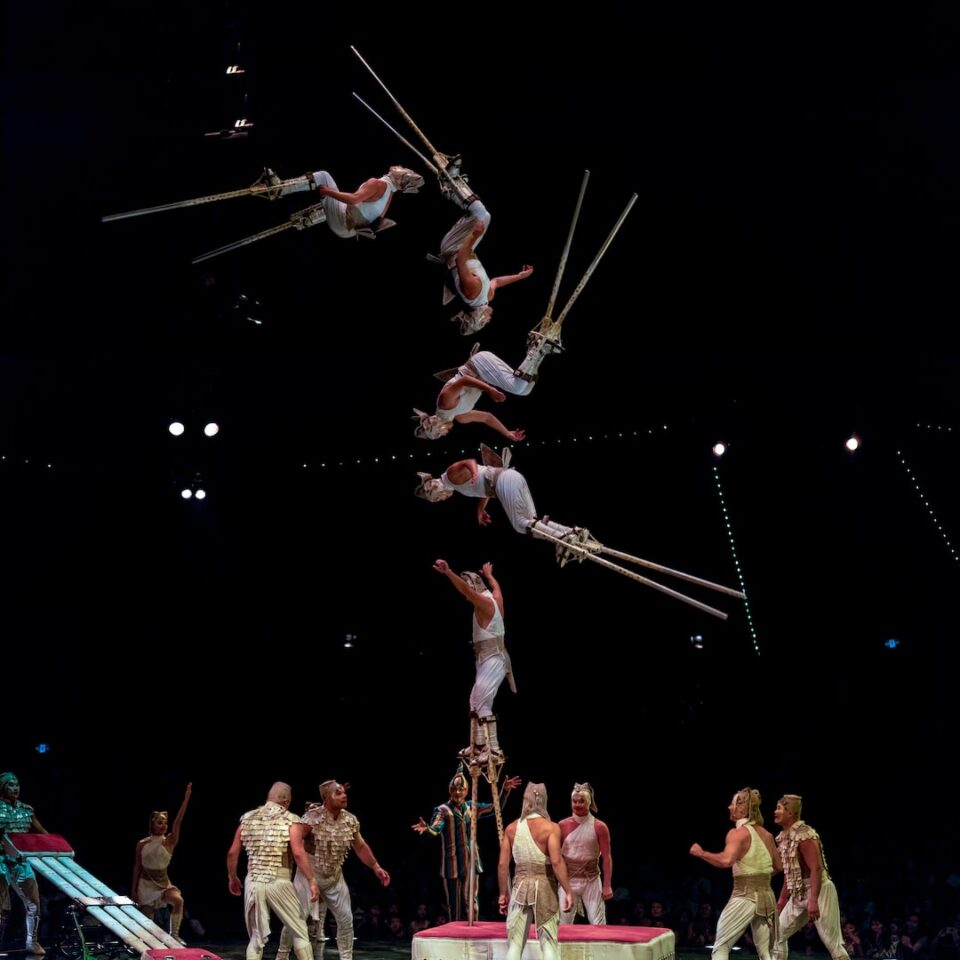How to Overcome Mental Barriers in Sports
Sports have always been considered a physical activity, but it is equally important to acknowledge the role of the mind in achieving success. Athletes face many mental barriers that can prevent them from reaching their full potential. Whether it’s self-doubt, fear of failure, or lack of concentration, these mental barriers can hinder an athlete’s performance on the field. However, with the right strategies, it is possible to overcome these obstacles and unlock one’s true potential.
The first step to overcoming mental barriers in sports is to develop a positive mindset. Negative thoughts and self-doubt can significantly impact performance. Athletes need to cultivate a belief in themselves and focus on their strengths rather than weaknesses. Positive affirmations and visualization techniques can help in building confidence and creating a positive self-image.
Another important aspect is setting realistic goals. Unrealistic or overly ambitious goals can lead to frustration and disappointment, which in turn can become mental barriers. Athletes should set short-term goals that are attainable and gradually work towards more challenging objectives. Achieving smaller milestones will build confidence and create momentum for greater achievements.
Fear of failure is a common mental barrier in sports. Athletes often worry about making mistakes or not meeting their own or others’ expectations. To overcome this fear, it is essential to embrace failure as an opportunity to learn and grow. Athletes should focus on the process rather than the outcome and learn from their mistakes. By reframing failure as a stepping stone to success, athletes can overcome this mental barrier and perform without the fear of failure holding them back.
Concentration and focus play a crucial role in sports performance. Distractions and lack of focus can lead to errors and poor decision-making on the field. To enhance concentration, athletes should practice mindfulness techniques such as deep breathing and visualization exercises. These techniques train the mind to stay present in the moment and block out external distractions. Regular practice of mindfulness will improve focus and enable athletes to perform at their best even under pressure.
Optimizing the mind-body connection is another effective strategy to overcome mental barriers. Engaging in activities such as yoga, meditation, or tai chi can help athletes develop a greater sense of body awareness and control. These activities promote relaxation, reduce anxiety, and improve concentration. A balanced mind-body connection allows athletes to perform with greater ease and efficiency.
One often overlooked aspect of overcoming mental barriers in sports is seeking support. Athletes should not hesitate to seek guidance from coaches, sports psychologists, or mentors who can provide expert insight and advice. Professional guidance can help athletes identify and address their specific mental barriers. Additionally, talking with teammates and sharing experiences can create a sense of camaraderie and support, making it easier to overcome challenges.
Lastly, it is important to remember that overcoming mental barriers is an ongoing process. It requires patience, perseverance, and consistency. Developing mental resilience is just as important as physical training. Athletes should incorporate mental conditioning into their training regimen and incorporate strategies to overcome mental barriers alongside physical exercises.
In conclusion, mental barriers in sports can hinder an athlete’s performance and limit their potential. However, by adopting a positive mindset, setting realistic goals, embracing failure, enhancing concentration, optimizing the mind-body connection, seeking support, and staying committed to the process, athletes can overcome these mental barriers and achieve greater success. Sports are not just a physical game; they are a battle between the mind and body. By conquering the mental barriers, athletes can unlock their true potential and perform at the highest level.

